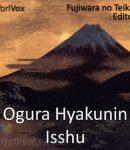
Ogura Hyakunin Isshu
Hyakunin isshu (百人一首) is a traditional style of compiling Japanese waka poetry where each contributor writes one poem for the anthology. [chương_files]
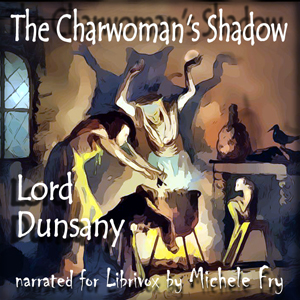
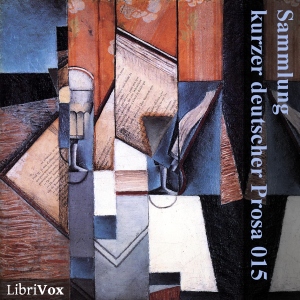
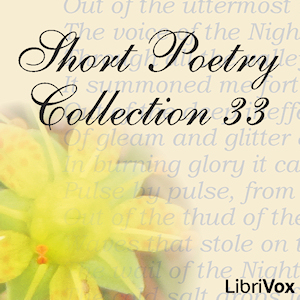


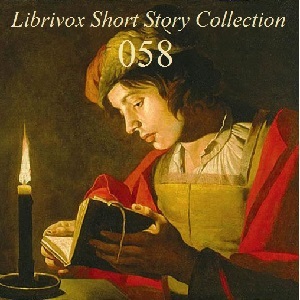
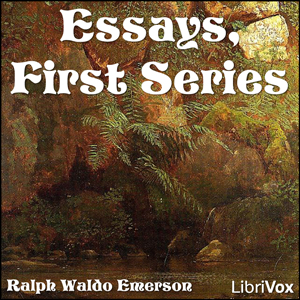
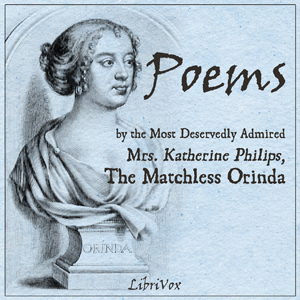
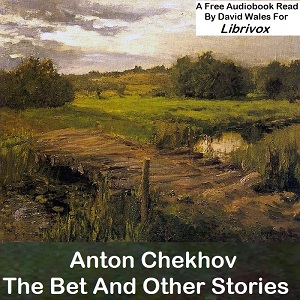

Hyakunin isshu (百人一首) is a traditional style of compiling Japanese waka poetry where each contributor writes one poem for the anthology. [chương_files]
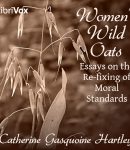
A resounding and, for the times, outrageous look at restructuring British society using the first world war as trigger for changing the place of women in the workplace and their homes, right down to their relations with their children. These essays are persuasively argued and copiously documented. – Summary by czandra [chương_files]
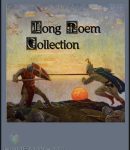
Long Poems Collection 1: a collection of 5 public-domain poems longer than 5 minutes in length. [chương_files]
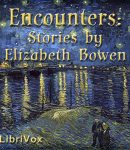
Included in this first collection of stories by noted Irish-British author Elizabeth Bowen are tales of psychological unease, of pent-up emotions simmering until boiling over. Her knack for putting the reader into fully realized worlds of her characters, experiencing the societal anxieties they repress, is unrivaled among 20th century writers. – Summary by Ben Tucker [chương_files]
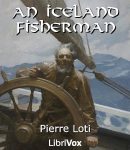
‘An Iceland Fisherman’ is an 1886 romance by the celebrated – he was elected to the French Academy in May, 1891 – novelist and naval officer Louis Marie-Julien Viaud, under his pseudonym, Pierre Loti. It is a multi-faceted story of romantic love, familial devotion and the brotherly bonds within a community of hard-working fisherfolk who both love and dread the challenges of a seafaring life. Set in 19th Century Brittany, the story reveals unique aspects of the Breton people and their ancient culture that is today threatened by the possibility of disappearing forever. The English translation is by the accomplished French diplomat and writer Jules Cambon. (Summary by Brian Fullen) [chương_files]

Luís Vaz de Camões (c. 1524 — 10 de Junho de 1580) é frequentemente considerado como o maior poeta de língua portuguesa e dos maiores da Humanidade. O seu gênio é comparável ao de Virgílio, Dante, Cervantes ou Shakespeare. A obra lírica de Camões foi publicada como “Rimas”, não havendo acordo entre os diferentes editores quanto ao número de sonetos escritos pelo poeta e quanto à autoria de algumas das peças líricas. Alguns dos seus sonetos, como o conhecido “Amor é fogo que arde sem se ver”, pela ousada utilização dos paradoxos, prenunciam o Barroco. Nesta coleção, apresentamos uma recolha de Sonetos de Camões cujo tema é o amor. (Sumário adaptado da Wikipedia por Leni) [chương_files]
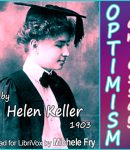
Though blind, deaf, and left-handed too, it seemed nothing could hold Helen Keller back. For her graduation from Radcliffe College in 1903, this 23 year old idealistic, charming, ever-striving, pampered young essayist wrote: “I find myself looking forward with beating heart and bright anticipations to what the future holds for me. My share in the work of the world may be limited; but the fact that it is work makes it precious.” She concludes, “America is confronted with the mighty task of assimilating all the foreigners that are drawn together from every country, and welding them into one people with one national spirit. We have the right to demand the forbearance of critics until the United States has demonstrated whether she can make one people out of all the nations of the earth. . . . . I find that to be an American is to be an optimist.” She went on to develop even higher hopes for a borderless, socialist world, where all mankind strive to help each other prosper as one human family. – Summary by Michele Fry [chương_files]
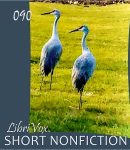
In his autobiographical essay “The Intellectuals and the Boston Mob,” Booker T. Washington wrote: “It is not argument, nor criticism, nor hatred, but work in constructive effort, that gets hold of men and binds them together in a way to make them rally to the support of a common cause.” Individual and group dynamics are at the core of most of the reader-chosen nonfiction pieces in Vol. 090. (Rugby School; Questions of Divorce; The Sage of Vienna, Popular Folk Poetry, The Use and Abuse of Church Bells, Superstition and Crime, Social Control, The Importance of Marking Historic Spots, The Pirates Who’s Who, Catherine Tegahkouita, the Iroquois Mission of Sault St. Francois Xavier, and The Declaration of Independence.” For nature lovers, there are Birds as Flying Machines and Weather Prophets in Furs and Feathers. Scenic sites and history feature in Caerhays, Cornwall; and Caerhays Castle Excursion; while old-time glass making methods are explained in Clay Melting Pots. Summary by Sue Anderson [chương_files]
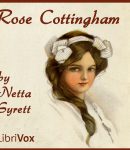
Rose Cottingham, orphaned at an early age, is being raised in the repressive household of her grandmother, who has old-fashioned ideas about women. She finds a kindred spirit in her neighbor, Mrs. Winter, but when Mrs. Winter becomes ill, Rose is no longer able to spend much time with her. Rose’s world broadens when she is sent off to school. The free-spirited girl and Miss Quayle, the strict disciplinarian who runs the school, are frequently in conflict. However, unbeknownst to Rose’s grandmother, Miss Quayle has modern views on the education of girls, from which Rose benefits. At school, Rose makes friends with Helen Fergurson, a professor’s daughter who introduces Rose to new ideas and further expands her horizons. When Rose’s school days end, she finds herself back in the stifling environment of her grandmother’s house, longing for better opportunities and more stimulating company. Can she find a path to fulfillment? (Summary by Scarbo) [chương_files]
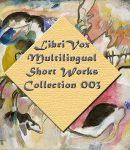
This is a collection of short pieces, poetry or prose, fiction and non-fiction, in several different languages. All chosen and recorded by LibriVox volunteers. Brief description of the contributions: 01 – Japanese – Sennin [1922]: prose, fiction, Oosaka, wizard 02 – Japanese – Mangan [1938]: prose, fiction, Mishima, doctor 03 – Latin – Pange lingua (gloriosi proelium certaminis) [6th Century]: poetry, medieval Latin 04 – Japanese – Matsurino ban: prose, fiction, children, festival 05 – Bulgarian – Баланиади (Balaniadi) [1917]: poetry, satire 06 – Bisaya – ¡“Fuera” kapyot! [1921]: prose, itoy-itoy 07 – Tagalog – Ang Aral ni Ina [1915]: poetry, mother’s wisdom, pantas na salita 08 – Latin – Pange Lingua (Gloriosi Proelium Certaminis): poetry, chant, Lent, Christianity 09 – Tagalog – ¡Bulalakaw…! [1915]: poetry, shooting star 10 – French – La Main: Short fiction, supernatural 11 – Japanese – Kako: prose,fiction,memory,matchstick 12 – Bisaya – Si Inday, Lider na sa Piniliay [1921]: prose, women equal with men in politics 13 – Tagalog – Tag-ulan [1915]: poetry, rainy season 14 – Japanese – Nyusyano ji [1907]: prose,non-fiction,university,newspaper 15 – Welsh – Sion a Sian (poem IX) [1911]: poetry, children, nursery rhyme, plant, gerdd 16 – Japanese – Piano: prose, fiction, Yokohama, piano 17 – Japanese – Aosuisen Akasuisen [1922]: prose,fiction,children,narcissus 18 – Chinese – 水调歌头 (Shuidiaogetou): prose, Chinese, Song Dynasty 19 – Polish – O doktorze Hiszpanie [1883]: poetry, poezja, fraszka, alkohol 20 – Polish – Czlowiek Boże igrzysko [1883]: poetry, poezja, pycha, człowiek, Bóg 21 – French – […]
Copyright © 2024 | FreeAudible